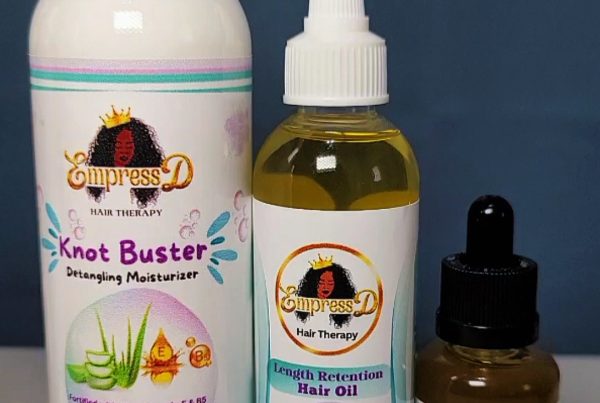Perhaps the most important investment for most people, is owning a property or piece of Jamaica, says JN Bank’s chief mortgage sales expert, Petal James.
Miss James, who is Chief of Branches at JN Bank, says the first step to owning a home is planning, and a crucial first step in the planning process is saving and managing your income and expenditure.
Here are few tips on what to expect and how to prepare for the journey of purchasing your home.
Before Buying a Home
- Reduce your debt– Prioritise your expenses and increase your savings and sources of income, where you can.
- Be honest with yourself and do a self-assessment of what you really want now
- Do you want to buy a home now or do you want to further your education?
- Remember, the younger you are the more time you have to pay your mortgage
- Consider where do you want to live
- Are you looking to construct/ build or purchase a townhouse/gated complex, detached house with huge land space? The aim is to buy what is suitable for your lifestyle and what you can afford
- After you have decided where you want to live, get pre-approved
Getting Pre-approved for your mortgage
Pre-approval is the first step of the mortgage process.
- Before you make a purchase, you must provide your realtor with a pre-approval letter issued by a reputable financial institution
- Your realtor is the go between you, the purchaser, and the vendor. They can give you a listing or add you to their MLS Listing. They work with you on the ground to find the property you want and can afford.
- Note that if you have a loan, it’s better to pay it off than take another loan to assist with the mortgage process, as this can affect the amount you are pre-approved for.
- When you have found the property that you would like to purchase, the savings you were building up, mentioned above, comes into play.
Making an Offer to Purchase a Property
You will need to:
- Complete the offer form
- Satisfy the Know Your Customer, also known as the KYC process
- Show proof of savings, pay slips and other information required by the financial institution
- Send the offer to the realtor, who sends it to the vendor or vendor’s attorney who then accepts the offer
- Following the above steps, the vendor’s attorney will draft the Sales Agreement
- You will also need an attorney to represent you during the process. Why?
- It is advisable to use your attorney, who will have your best interest at heart
- You could be at risk when using the vendor’s attorney
- Send the Sales Agreement to your attorney to review the costs and terms of agreements before you sign
- Before you sign the Sales Agreement, you also need reports from a valuator and a surveyor. These two persons are very important to the process
The Loan approval process
So you’ve now gone through the process of making an offer. Next:
- The vendor and purchaser MUST agree to details in the Sales Agreement, for e.g., if the document says payment must be made within 60 or 90 days of the date of the agreement, that must be done.
- Once you submit all documents, the loan is approved and a commitment letter is provided.
- The details of the letter must satisfy the timeline in the Sales Agreement. If the timeline is not met, the purchaser could pay daily interest depending on the agreement.
- If the bank has received the requisite documents, it instructs a panel of attorneys to write a letter of undertaking to the vendor’s attorney. JN Bank prepares mortgage deeds and other related legal documents for the purchaser/ applicant to sign.
- Once the bank receives the duplicate certificate of title, transfer documents, and the half costs shared between purchaser and vendor, those are sent to the National Land Agency for the registration of the mortgage and for JN’s Bank’s lien to be registered on the title.
- If the timeline that the vendor’s attorney asks for the money to be paid over cannot be met by the bank, the institution can ask that they are released from the undertaking or ask for an extension in which to pay
- Finally, the bank pays over the money to the vendor and you’re a new homeowner!





